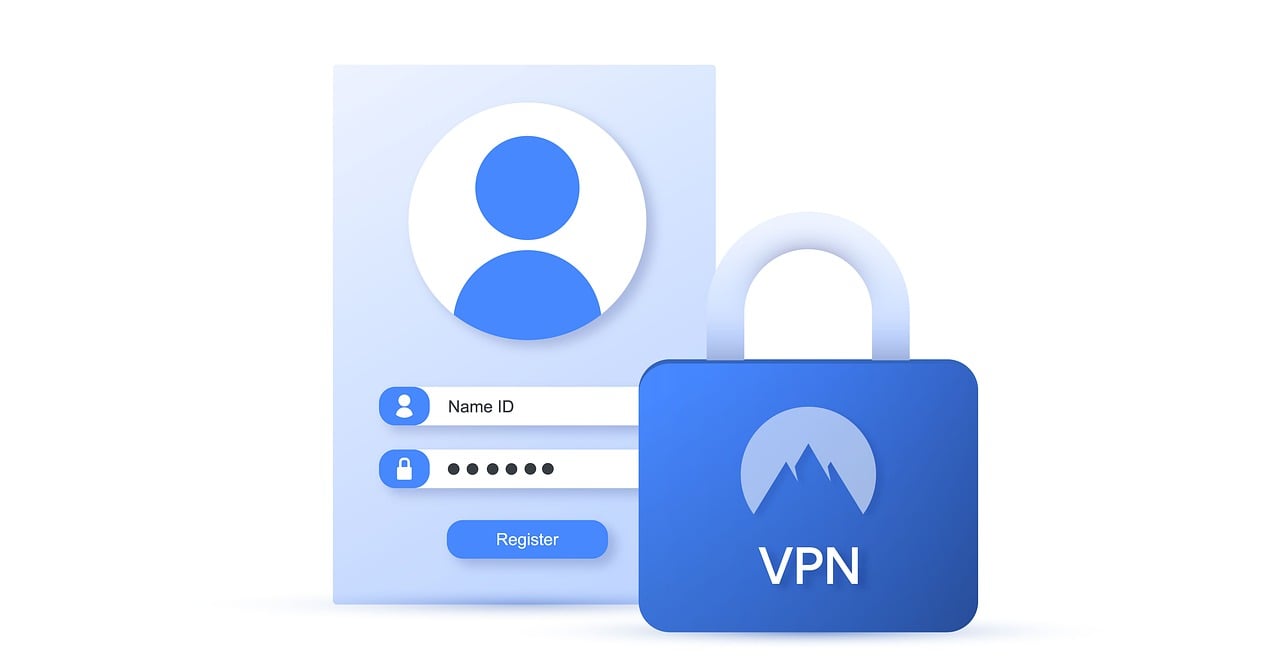In the digital age, with the popularization of the Internet and the ubiquity of information, digital rights have become increasingly important. Freedom of expression and personal privacy are two key aspects of digital rights, and VPNs (Virtual Private Networks), as an encrypted communication tool, play an important role in upholding freedom of expression and protecting privacy. In this paper, we will explore how VPNs can help preserve freedom of speech and protect privacy, and why it is so important in today's digital society.

1. Bypassing Geographic Restrictions and Censorship
In some countries and regions, governments have implemented strict censorship that restricts access to specific content and free expression. By using a VPN, users can bypass geo-restrictions and censorship and access blocked websites and services. a VPN encrypts and routes user traffic to servers in other countries, enabling users to enjoy a wider range of freedom of expression and information access.
2. Encrypted communication protects privacy
The right to privacy is a fundamental right that every individual should enjoy. However, in the digital age, personal privacy faces increasing threats. Network surveillance, data collection and information leakage have become a reality. a VPN ensures that a user's communication traffic is not eavesdropped or tampered with during transmission by encrypting it. This provides users with a layer of protection that protects them from having their personal privacy violated.
3. Prevent data collection and personal location
Many ISPs and websites track users' online activities, collect personal data, and even track users' geographic location based on their IP address. Such data collection and personal location may pose a threat to users' privacy. Using a VPN hides a user's real IP address and provides anonymity and privacy protection by routing their traffic to other servers.
4. Prevent eavesdropping and data leakage from public Wi-Fi
Public Wi-Fi networks have become a common way for people to connect to the Internet, but there are security risks associated with these networks. Hackers can eavesdrop on communication traffic on public Wi-Fi and steal users' personal information. By using a VPN to connect to public Wi-Fi, the user's data will be encrypted and hackers will not be able to steal or access this information. This provides additional security for users.
5. Maintaining Net Neutrality and Free Access
Net neutrality means that ISPs should treat all traffic equally and should not favor or restrict specific content or services. However, there are times when ISPs may restrict the speed or availability of access to specific websites or services. By using a VPN, users can bypass these restrictions, keeping the focus on net neutrality and ensuring that they can freely access the content and services they need.
In summary, VPNs play an important role in maintaining freedom of speech and protecting privacy. It helps users bypass geo-restrictions and censorship, protects the confidentiality and integrity of communications, prevents data collection and personal targeting, prevents eavesdropping and data leakage from public Wi-Fi, as well as maintains net neutrality and free access. Protecting digital rights has become an urgent task in today's digital society, and VPNs serve as an effective tool to provide users with a safer and more private online experience, ensuring that they can freely express their opinions and access the information they need.
 Email
Email